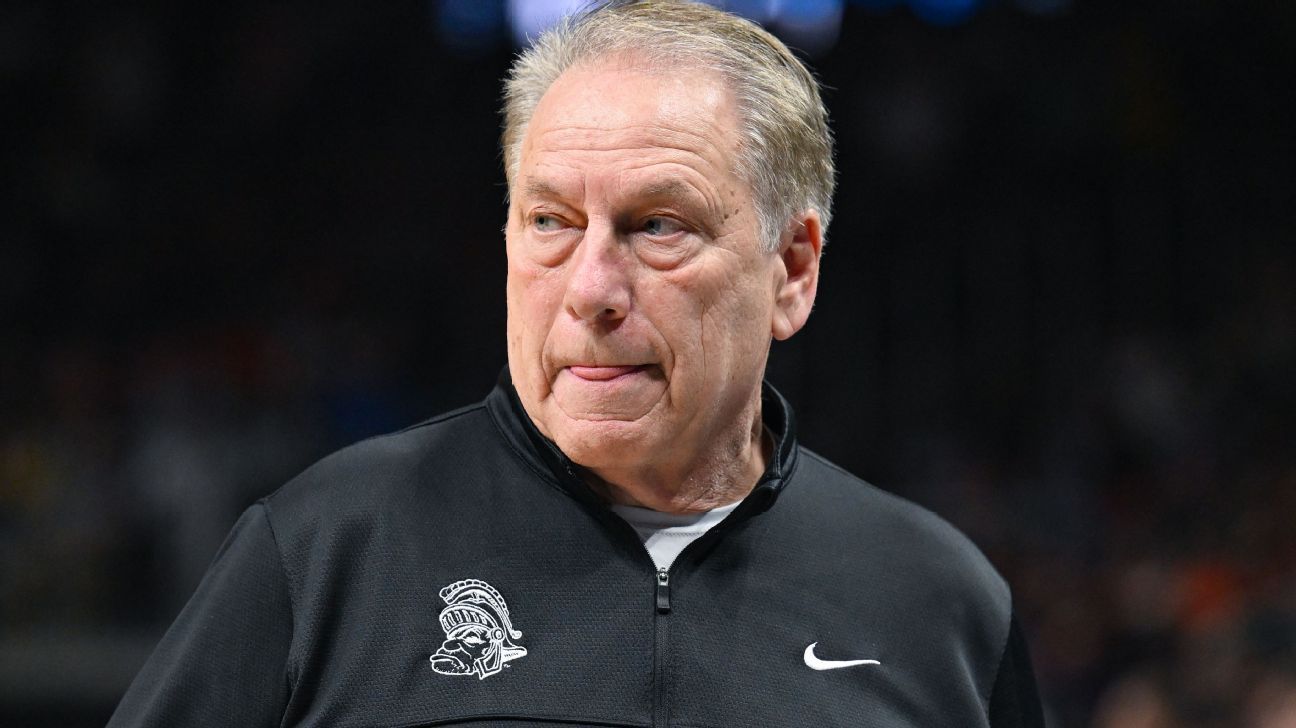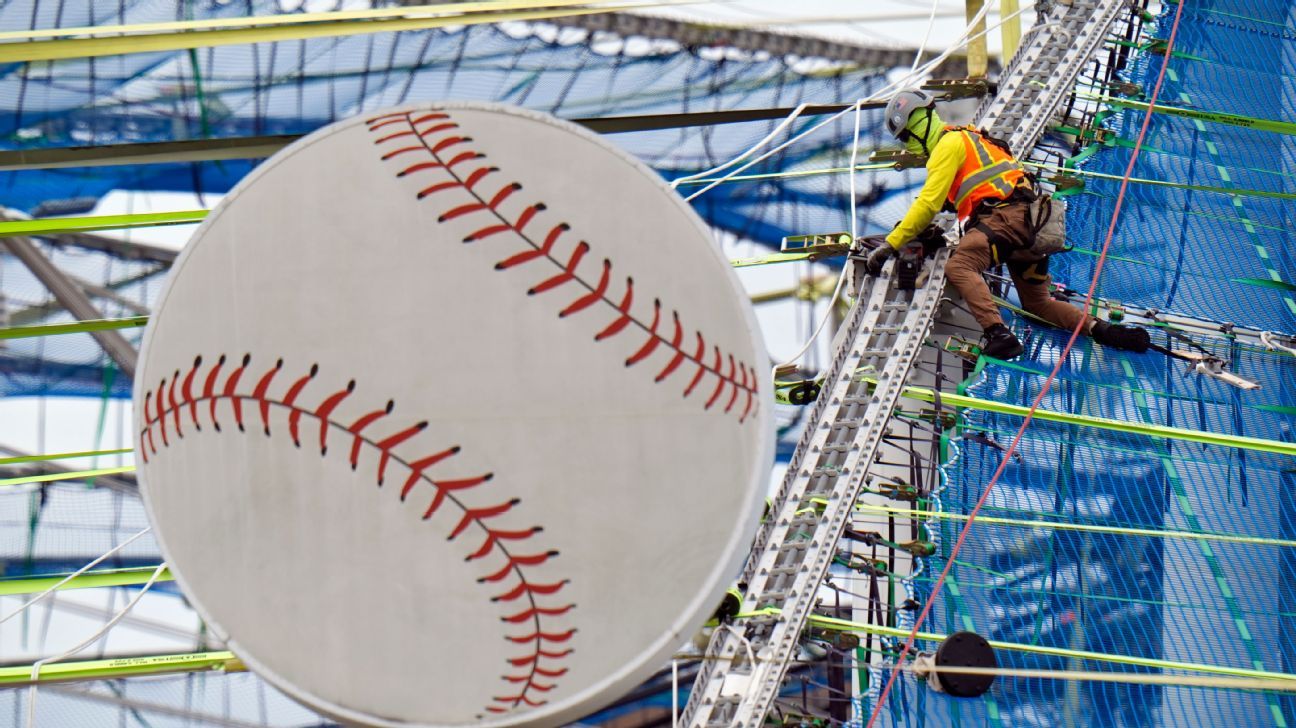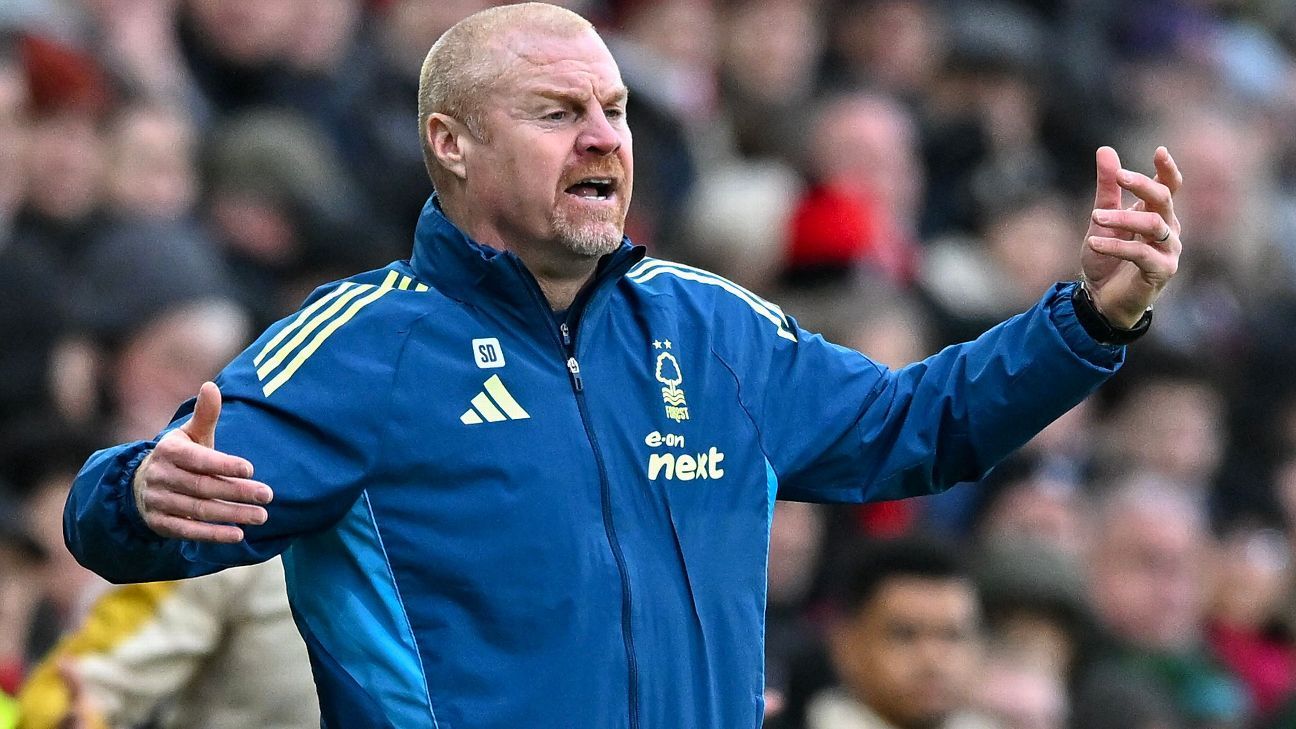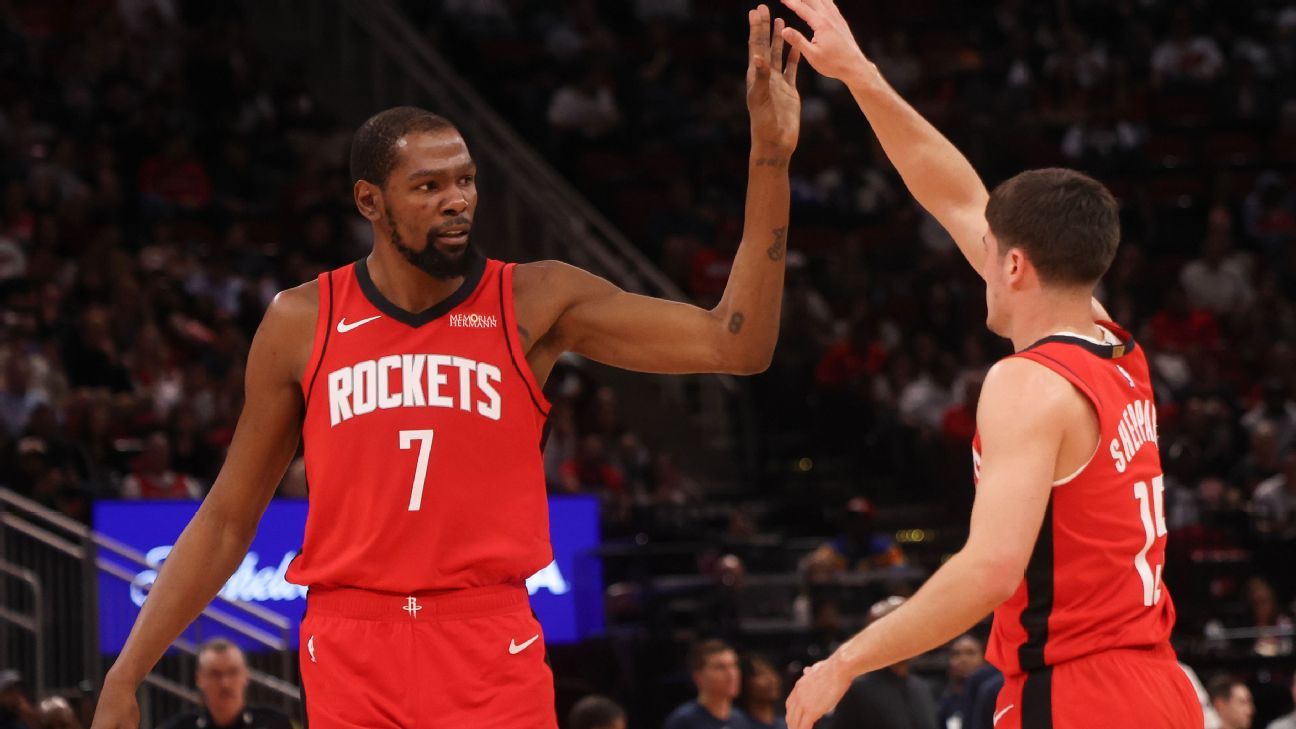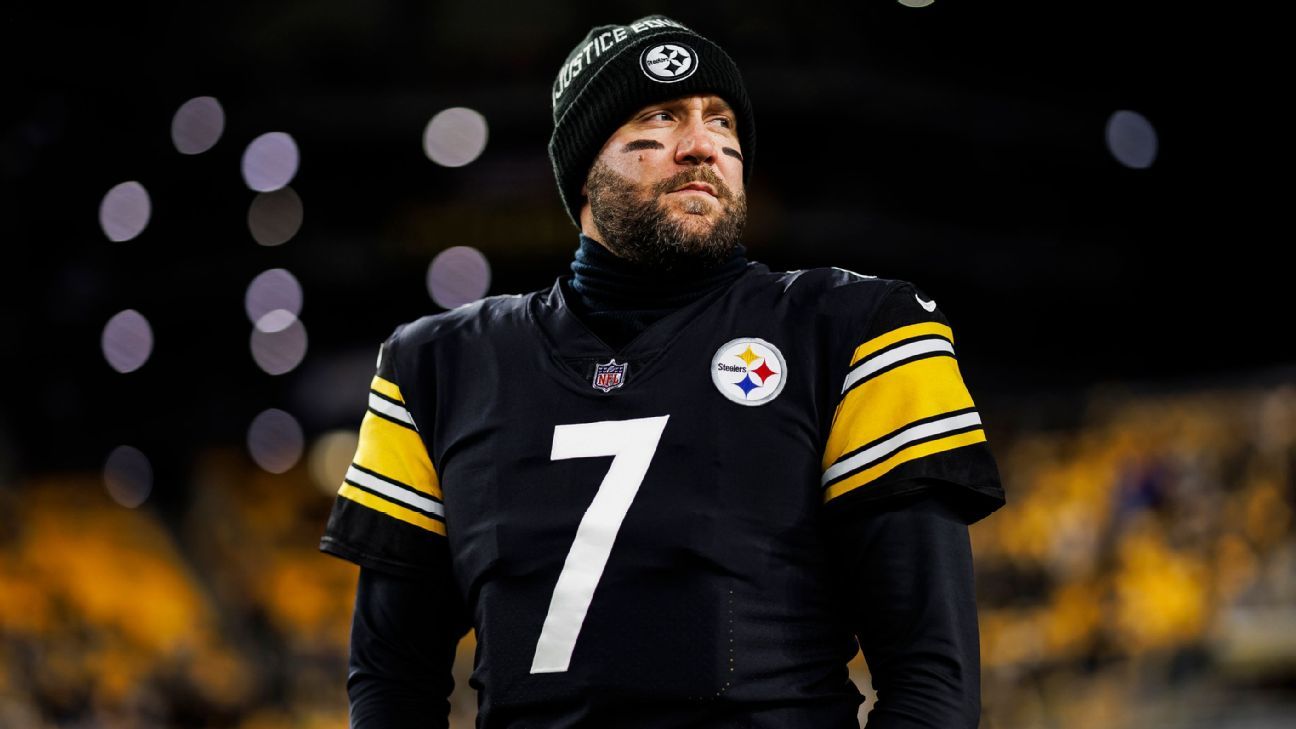Two former G League players have recently committed to play for Division I schools, michigan state Coach Tom Izzo said he does not “respect” the NCAA powerbrokers who allowed those moves to happen.
“I’m going to get myself in trouble, but I hear people talking about how the kids changed. The kids are not the problem, we are the problem,” Izzo told reporters Tuesday. “It came up to us again yesterday, where a guy can be in the G League for two or three years and then all of a sudden, he’s eligible. Most of my guys didn’t know anything about it. … I’m not really excited about the NCAA or whoever is making these decisions, without talking to us, just letting it go. They’re afraid they’ll be sued.”
on monday, london johnson – a former four-star recruit who averaged 7.6 points over three seasons in the G League – announced his commitment louisvilleLast month, another G League player, Thierry Darlanannounced its commitment to Santa Clara,
Both moves appear to disregard the NCAA’s previous amateurism and eligibility rules, which barred any player from playing Division I basketball who had previously competed for money at the professional level.
According to the NCAA’s Division I manual, any athlete who has been compensated in excess of “actual and necessary expenses” as a professional – a category that includes health insurance, food, housing and transportation – cannot play college basketball. But the NCAA recently changed those rules for many international prospects who have played in professional leagues overseas.
The ambiguity introduced by the eras of name, image and likeness and revenue sharing has made the line between professional and amateur more blurred than ever.
Darlan, who is from the Central African Republic, played in the NBA Academy Africa program. His admission is in line with other international professionals who have recently achieved Division I eligibility. While he was the first G League player in history to be granted eligibility to play college basketball, according to Izzo, Johnson’s commitment as a player without those international connections could have been even more significant – and devastating.
“Somebody’s going to say, ‘Well, if they go pro and it doesn’t work out, they should be able to come back,'” said Izzo, who added that there are “no rules” right now in college basketball.
“Well, what about the new guy you’ve recruited there? He’s somebody’s son and he thinks he’s found himself a good place, and all of a sudden, Shazam, they take out their hat and bring a 21 or 22 year old guy in [from the G League]To me, this is ridiculous. It’s a shame and I love my job. I don’t respect my profession, and I don’t respect whoever is doing it. Whoever made these decisions because they were afraid some lawyer would sue them, sooner or later you’re going to have to fight. …Maybe I’m a fake, but I would never agree to that thing.”
The G League could create another talent pipeline for collegiate talent, which Izzo called a slippery slope for the game.
“The NCAA needs to regroup. They need to regroup. This is my opinion – only my opinion. Don’t be angry at anyone else. Be angry at us, but I’m not going to be angry at the players. I’m going to be angry at the adults in the room and so don’t blame the players anymore. Blame the adults who make the decisions that allow some of these ridiculous things to happen.”
Michigan State coach Tom Izzo
However, he joked that the “silver lining” is that he could call Magic Johnson, jaren jackson jr And other former Michigan State stars who have found success in the NBA appear to be changing the NCAA’s stance on allowing former pros to play college basketball. But he also made it clear that he does not see this issue as a joke.
He said he is most concerned about high school seniors who may lose their spots to G League players with professional experience, which could encourage even more young players to enter the transfer portal in the future.
He also said the lack of communication from decision makers is troubling and challenged the NCAA to consider the “unintended consequences” of recent steps.
“The NCAA has to regroup. They have to regroup,” Izzo said. “This is my opinion – only my opinion. Don’t be angry at anyone else. Be angry at us, but I’m not going to be angry at the players. I’m going to be angry at the adults in the room and so don’t blame the players anymore. Blame the adults who make the decisions, who allow some of these ridiculous things to happen. And then the unintended consequences hurt the kids who did it the right way with a process. Trying to do, not here and there. And that’s my 2 cents, so put it where you want.”







